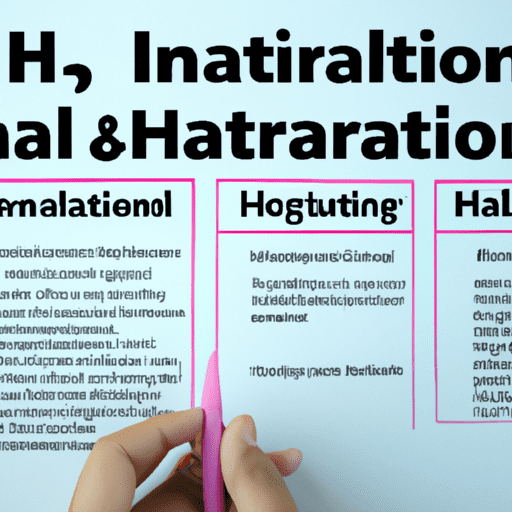Halal certification is a process that ensures products meet the dietary requirements of Muslims. These requirements are based on the Islamic law, which defines what can and cannot be consumed. This certification process applies not only to food products but also extends to non-food items. In this article, we will break down the basics of halal certification for non-food products, including what is halal, why halal certification matters, and what products can be certified.
What is Halal?
Halal is an Arabic word that means permissible. In the context of Islamic law, the term is used to describe food and other products that are permitted under Sharia law. For a product to be considered halal, it must adhere to specific guidelines.
Halal certification is the process of verifying that a product meets these guidelines. The certification process is carried out by a halal certifying body, which is typically a third-party organization that specializes in halal certification.
Why Halal Certification Matters?
Halal certification is essential for companies looking to market their products to Muslim consumers. Muslims make up about one-fifth of the world’s population and represent a significant consumer group. Halal-certified products are becoming increasingly popular, and companies that do not have halal certification may be missing out on a considerable market.
Additionally, halal certification can help build trust and credibility with consumers. Muslim consumers who see halal certification on a product are more likely to trust the brand and believe that the product meets their dietary requirements.
What Products can be Certified?
Halal certification can apply to a wide range of non-food products. Some common examples include:
1. Cosmetics and Personal Care Products
Cosmetics and personal care products, such as soap and shampoo, can be certified halal. These products must not contain any animal-derived ingredients, such as lard or gelatin, and should be free from any alcohol or animal testing.
2. Pharmaceuticals and Supplements
Pharmaceuticals and supplements can also be halal-certified. These products must not contain any pork-derived ingredients, such as gelatin capsules or alcohol, and must be free from any ingredients that are considered haram (forbidden).
3. Clothing and Fashion Accessories
Clothing and fashion accessories, such as scarves and hijabs, can also be halal-certified. These products must not contain any animal-derived materials, such as leather or silk, and must be manufactured according to ethical standards.
4. Household Products
Household products, such as cleaning agents and air fresheners, can also be halal-certified. These products must not contain any ingredients that are considered haram and must be produced according to ethical standards.
Conclusion
In conclusion, halal certification is a process that ensures products meet the dietary requirements of Muslims. The certification process applies not only to food products but also to non-food items. Halal-certified products are becoming increasingly popular, and companies that do not have halal certification may be missing out on a considerable market. Halal certification can help build trust and credibility with consumers and is essential for companies looking to market their products to Muslim consumers.


